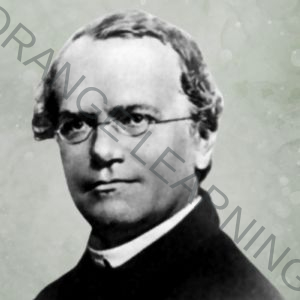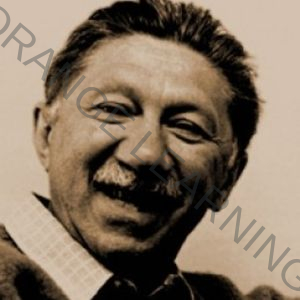Iván Pávlov
(1849-1936) Russian physiologist known for his pioneering research in the field of conditioned behavior, specifically through his famous experiment with dogs. Through his studies, Pavlov discovered the concept of “classical conditioning,” demonstrating that reflexes and behaviors could be influenced by external stimuli through repeated association. His work laid the foundation for the development of behavioral psychology and has had a lasting impact on the understanding of human learning and behavior. In addition, he was awarded the Nobel Prize in Medicine in 1904 for his research on digestive physiology.
Lessons
🔒 Login or subscribe to do the lessons.
Life of Iván Pávlov
Ivan Pavlov was a visionary scientist whose work in the field of classical conditioning has left a lasting mark on …
Digestive Physiology
Digestive physiology is the study of how our body processes food and converts it into nutrients that can be used …
Classic Conditioning
Classical conditioning is a type of learning in which a neutral stimulus is associated with a stimulus that elicits an …
Behavioral Therapies
Classical conditioning is a technique used in behavioral therapy to help people overcome their fears and phobias …
Classical Conditioning in Education
Classical conditioning can be an effective tool for promoting learning in educational settings. By associating neutral stimuli with stimuli that …
Pavlovian Marketing
Pavlovian marketing is a technique that uses associations to create a desired response or emotion in consumers …
Classical Conditioning Vs. Operant Conditioning
Classical conditioning and operant conditioning are two fundamental theories in the field of learning psychology …
Behaviorism
Ivan Pavlov’s scientific legacy and his theory of behaviorism have had a significant impact on the field of psychology …
Scientific Method in Psychology
The scientific method is an invaluable tool in psychological research …
Russia
Russia is a country full of fascinating history, culture and traditions. From its vast territory and geographical diversity to its …





